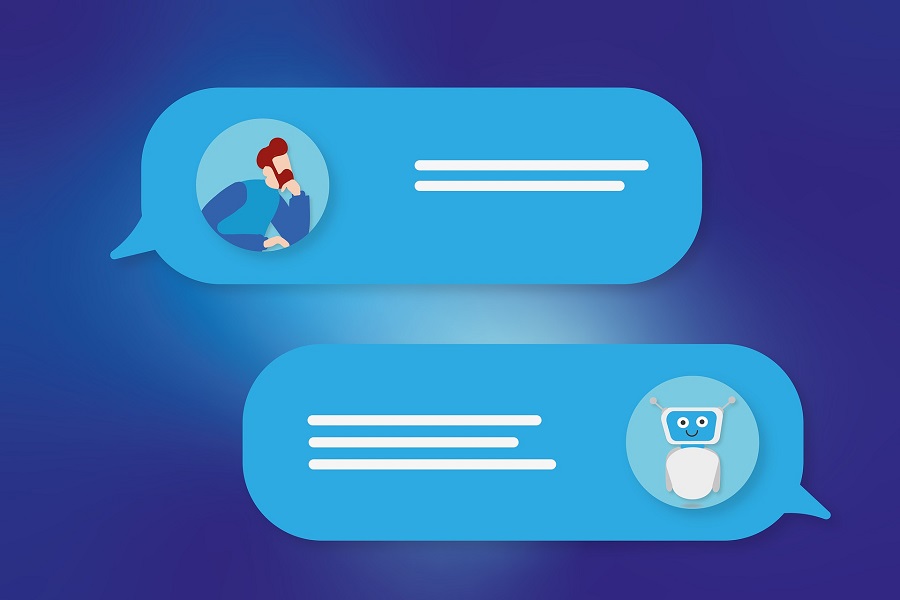The great success that ChatGpt, the model developed by OpenAI based on machine learning, made available for free upon simple registration, prompted cyber criminals to seize a new opportunity to spread viruses on PCs.
In fact, Kaspersky researchers have tracked down a new campaign with which the bad guys try to download a fake app that allows you to chat with artificial intelligence but which actually installs malware on the victim's PC that steals sensitive information.
The Trojan that steals your credentials
Taking advantage of the popularity of ChatGpt, cybercriminals have not hesitated to use it as bait to attract especially those who have found it difficult to access the service due to the overload of recent times. So they started promoting a desktop client to download by clicking on a specific link, which of course, instead of the Windows software, leads to downloading a Trojan. The web page to which the link leads is in fact very similar to the original one but by starting the download the user will realize that at a certain point the operation ends without any message, as if it had not been successful. But the Trojan is installed and starts looking for credentials and sensitive data stored on browsers, social accounts and cookies, stealing usernames and passwords and as much data as possible.
The malicious link was spread mainly in Telegram and Wathsapp groups but also through the Facebook community, and was identified in Asia, Europe, America and Africa.
Use ChatGpt safely
Using the service safely is possible, being careful to access only the original site and remembering that there is no software to download to your PC, no mobile apps. Only the web version. Access is completely free upon creation of your own account, without constraints. The fundamental thing is to be careful to get to the right site, by typing it in the address bar, without following any link: chat.openai.com








